






5-Star Valuation Services, Loved by Hundreds
Defensible appraisals for any legal or tax need.
Rather than relying on a single lead appraiser or fixed team, we maintain an extensive network of credentialed specialists, each with deep expertise in particular asset types and valuation purposes. This enables us to match every engagement with the right expert while delivering exceptionally fast turnaround times, even under the most demanding deadlines.
When you require a defensible appraisal you can trust, AppraiseItNow delivers.


Easy & Fast Online Appraisal Process
Our unique model allows us to meet super tight deadlines for tax filings, court dates, internal company project timelines.

Industry-Leading Appraisal Speed
Our unique business model means that we always have a credentialed appraiser available to work on your project, and we can meet obscure and short deadlines for tax filings, court submissions, internal projects, and more. Even if that means preparing your appraisal within 24 hours!

Any Asset Covered
This means that we can appraise any type of item including furniture, artwork, jewelry, business inventory, machinery & equipment, cars, boats, and more!

Servicing Enterprises & Individuals
Our company services anyone from an individual with a single couch to an enterprise needing contents of multiple offices or warehouses appraised.

Defensible for Any Purpose
Frequently Asked
Questions
No Frequently Asked Questions Found.
The core purpose of portfolio evaluation extends beyond simple valuation. It serves as a sophisticated diagnostic tool that offers multiple strategic advantages. Investors gain a nuanced understanding of their financial landscape by examining asset values, tracking performance metrics, and evaluating potential risks.
Key dimensions of portfolio evaluation include comprehensive performance measurement, which allows investors to compare actual returns against market benchmarks and identify high-performing and underperforming assets. This analysis enables precise strategic adjustments, ensuring that investment strategies remain aligned with financial goals and market dynamics.
Risk assessment represents another critical component of portfolio evaluation. By meticulously analyzing the risk profile of individual assets and the overall portfolio, investors can implement targeted risk mitigation strategies. This approach helps balance potential returns with acceptable risk levels, creating a more resilient investment framework.
The evaluation process involves meticulous data collection, application of sophisticated valuation methodologies, and in-depth performance analysis. Professionals typically employ specialized techniques tailored to specific asset types, ensuring accuracy and comprehensiveness in their assessments.
For institutional investors and organizations, portfolio evaluation transcends strategic planning. It plays a crucial role in financial reporting, regulatory compliance, and maintaining transparency for stakeholders. The insights derived from thorough evaluations provide a clear, authoritative snapshot of financial health and potential.
Ultimately, portfolio evaluation empowers investors with the knowledge needed to make informed, strategic decisions. By providing a holistic view of asset performance, value, and potential risks, this practice is an indispensable tool for sophisticated financial management.
Professional valuation goes beyond simple number-crunching. It involves a nuanced analysis of market dynamics, asset performance, and potential growth trajectories. Investors and businesses gain a multifaceted view of their holdings, uncovering hidden opportunities and potential risks that might otherwise remain obscured.
The value of a professional appraisal extends far beyond a single snapshot of worth. It enables more sophisticated financial planning, allowing stakeholders to make informed decisions about asset allocation, risk management, and strategic investment moves. Whether you're managing personal investments or overseeing a complex corporate portfolio, a detailed appraisal provides the clarity needed to navigate increasingly complex financial environments.
By synthesizing market trends, comparative analysis, and detailed asset examination, an appraisal offers a holistic perspective on investment performance. This approach helps investors identify underperforming assets, recognize emerging opportunities, and develop more resilient investment strategies.
Comprehensive portfolio evaluation ultimately empowers decision-makers with the knowledge to optimize their financial positioning, mitigate potential risks, and create more targeted investment approaches. The insights gained from a professional appraisal transform raw financial data into a strategic roadmap for future growth and financial success.
Professional appraisers conduct an in-depth examination that considers several key elements: equipment age, operational condition, accumulated usage hours, specific brand and model characteristics, and current market dynamics. Each factor is carefully weighted to generate an accurate representation of the asset's true worth.
The appraisal process begins with a detailed physical inspection, where experts methodically evaluate the equipment's structural integrity, mechanical functionality, and overall performance potential. Maintenance records play a crucial role, offering insights into the equipment's historical care and potential longevity. Well-maintained machinery typically commands a higher valuation, reflecting the diligence of its previous owners.
Comparative market analysis forms another cornerstone of the appraisal methodology. Appraisers cross-reference the equipment against recent sales of similar machinery, ensuring the valuation reflects current market conditions and industry trends. This approach provides a nuanced, data-driven perspective that goes beyond surface-level assessments.
Different sectors leverage construction equipment appraisals for varied purposes. Contractors use these evaluations to make strategic decisions about equipment acquisition or disposition. Financial institutions rely on precise valuations to assess lending risks and determine appropriate financing terms. Rental companies depend on these assessments for fleet management and insurance purposes.
Ultimately, a construction equipment appraisal represents a complex intersection of technical expertise, market knowledge, and financial analysis. It provides stakeholders with a reliable, objective assessment that supports informed decision-making in an ever-evolving industry landscape.
Detailed digital assessments typically involve clients submitting high-quality photographs and comprehensive equipment specifications. Appraisers carefully analyze these submitted materials, examining equipment condition, age, operational history, and market comparability factors. This method allows for precise evaluation without requiring physical presence.
Interactive online appraisal options have expanded, leveraging video conferencing platforms like Zoom, Google Meet, and Skype. These live sessions enable real-time equipment examination, allowing appraisers to request specific angles, discuss unique features, and conduct thorough visual inspections with clients.
The digital appraisal process offers significant advantages, including dramatically reduced turnaround times and elimination of geographical constraints. Clients can receive professional assessments quickly and conveniently, without scheduling complex in-person meetings or incurring additional travel expenses.
Modern appraisal techniques incorporate advanced technological tools and professional expertise to deliver accurate, reliable equipment valuations. By combining detailed documentation, visual evidence, and professional analysis, online construction equipment appraisals provide comprehensive insights that meet industry standards and client expectations.
Certified general appraisers offer the broadest expertise, holding comprehensive licenses that enable them to assess virtually any type of heavy machinery. Their deep market knowledge allows for nuanced valuations of complex and high-value equipment, making them invaluable for comprehensive assessments.
Licensed equipment appraisers focus specifically on machinery valuation, developing deep expertise in construction equipment like excavators, bulldozers, and cranes. Their specialized knowledge ensures precise evaluations that account for industry-specific factors, regulatory compliance, and detailed condition assessments.
Industrial appraisers bring a strategic perspective, examining equipment within the broader context of manufacturing and construction operations. They excel at understanding how machinery integrates into industrial ecosystems, providing holistic valuations that consider operational capabilities and market positioning.
Cost approach appraisers utilize a methodical replacement value strategy, calculating equipment worth based on reproduction costs and accounting for depreciation. This approach proves particularly effective for new or unique machinery, offering a scientific basis for valuation.
Market approach appraisers leverage comparative sales data, analyzing recent transactions to determine fair market value. By examining factors like age, condition, and brand reputation, they provide insights that reflect current market dynamics and competitive pricing trends.
Auction appraisers specialize in evaluating equipment within the unique context of sales environments. Their expertise in predicting auction performance helps buyers and sellers understand potential market values, drawing from historical sales data and current industry trends.
Selecting the right appraiser depends on specific assessment needs, equipment type, and valuation objectives. Understanding these professional distinctions empowers businesses and individuals to make informed decisions about their construction equipment assets.
Financial decision-makers rely on equipment appraisals to understand the true economic landscape of their assets. By establishing precise market values, companies can make informed choices about equipment maintenance, replacement, and potential divestiture. These evaluations capture nuanced details about depreciation, current market conditions, and potential future value trajectories.
Insurance and risk management represent another crucial dimension of equipment appraisals. Accurate valuations ensure appropriate coverage levels, protecting organizations from potential financial vulnerabilities in case of unexpected equipment loss or damage. This proactive approach mitigates potential economic disruptions and provides a clear framework for claims processes.
Lending institutions and financial partners frequently require professional equipment appraisals when considering financing or leasing arrangements. A comprehensive, objective assessment provides credibility and transparency, potentially securing more favorable lending terms and demonstrating the organization's financial sophistication.
Tax planning and compliance represent additional significant benefits of professional equipment appraisals. Whether addressing charitable donations, estate planning, or annual tax reporting, precise valuations help organizations maximize potential tax advantages while maintaining regulatory adherence.
Strategic asset management emerges as a fundamental outcome of regular equipment appraisals. By tracking equipment value over time, businesses can develop more intelligent procurement strategies, anticipate replacement cycles, and optimize their capital investment approaches.
Ultimately, construction equipment appraisals transcend simple monetary calculations. They represent a holistic tool for financial strategy, risk management, and organizational planning, enabling more sophisticated and informed decision-making across multiple business dimensions.
What Makes Construction Equipment Valuation Critical?
Why Construction Equipment Valuation Matters
Construction equipment valuation is a critical process that goes far beyond simple financial record-keeping. It serves as a strategic tool for organizations to make informed decisions, manage risks, and optimize their asset portfolio.
Key Reasons for Construction Equipment Valuation
- Market Condition Insights
The construction industry experiences constant fluctuations driven by economic cycles, project demands, and technological innovations. Regular appraisals provide real-time understanding of equipment value within current market contexts.
- Compliance and Financial Reporting
Accurate valuations are essential for:
- Securing financing
- Facilitating mergers and acquisitions
- Providing transparent financial representations
- Risk Management and Operational Efficiency
Comprehensive equipment valuation enables organizations to:
- Assess equipment condition
- Plan maintenance strategies
- Make informed replacement decisions
- Minimize operational downtime
- Depreciation Tracking and Financial Forecasting
Understanding equipment depreciation helps companies:
- Project future capital expenditures
- Develop realistic budget strategies
- Anticipate asset replacement needs
Strategic Implications
Equipment valuation transcends traditional accounting practices. It represents a sophisticated approach to asset management that empowers construction companies to maintain financial agility, operational excellence, and competitive advantage.
By treating equipment valuation as a strategic priority, organizations can transform potential financial challenges into opportunities for growth and optimization.
Market Dynamics: How Equipment Value Fluctuates
Understanding Market Dynamics in Construction Equipment Valuation
Construction equipment valuation is a complex process influenced by multiple interconnected factors. Stakeholders must comprehensively analyze these dynamics to make strategic financial decisions.
Key Factors Impacting Equipment Value
- Supply and Demand Fluctuations
- Economic principle directly influencing equipment pricing
- Seasonal construction trends create demand variability
- Peak construction seasons can drive significant price increases
- Economic Conditions
- Direct correlation between economic growth and construction activity
- Economic downturns lead to reduced machinery demand
- Project cancellations and delays impact equipment valuations
- Technological Advancements
- Rapid technological innovations accelerate equipment depreciation
- Modern features like fuel efficiency and automation increase value
- Older equipment becomes less competitive in the market
- Equipment Condition and Maintenance
- Comprehensive maintenance records significantly influence resale value
- Regular servicing demonstrates equipment reliability
- Well-maintained machinery commands higher market prices
- Regulatory Environment
- Safety and emissions standards impact equipment valuation
- Compliance requirements can necessitate costly upgrades
- Regulatory changes create additional financial considerations
By understanding these complex market dynamics, construction equipment owners and investors can develop more nuanced strategies for portfolio management and asset valuation.
The Essential Guide to Construction Equipment Assessment
Construction equipment represents a pivotal asset for any construction business, directly influencing productivity and financial performance. Understanding the value of these critical resources through comprehensive appraisal processes is essential for strategic decision-making.
Understanding Equipment Appraisal
Equipment appraisal is a systematic evaluation process designed to determine the precise market value of construction machinery and tools. This strategic assessment provides business owners with critical insights for:
- Equipment purchasing decisions
- Asset selling strategies
- Upgrade planning
- Financial reporting
- Insurance documentation
Key Factors in Equipment Valuation
Multiple sophisticated elements influence construction equipment appraisal accuracy:
Market Dynamics
Current industry supply and demand significantly impact equipment values. Successful appraisals require continuous monitoring of market trends and responsive adjustment methodologies.
Physical Condition Assessment
Equipment valuation critically depends on:
- Mechanical integrity
- Aesthetic appearance
- Operational functionality
- Maintenance history
Comparative Market Analysis
Professional appraisers utilize comprehensive comparative sales data to establish fair market values, ensuring precise and defensible valuation strategies.
Technological Relevance
Equipment age and technological sophistication play crucial roles in determining value. Modern machinery with advanced features typically commands higher appraisal values, while older equipment experiences accelerated depreciation.
Professional Appraisal Advantages
Engaging qualified appraisal professionals delivers significant strategic benefits, including:
- Transparent, industry-standard valuation reports
- Enhanced negotiation capabilities
- Comprehensive asset understanding
- Objective, data-driven assessments
Thorough equipment appraisal is not merely a financial exercise but a strategic tool for optimizing portfolio management and supporting long-term business growth.
Key Factors Driving Equipment Valuation Accuracy
Comprehensive Factors Affecting Construction Equipment Valuation
Accurately assessing construction equipment value requires a multifaceted approach that considers several critical elements. These key factors provide a comprehensive framework for precise portfolio evaluation.
Equipment Age and Condition Dynamics
- Age Impact: Equipment age directly influences market value, with newer machinery typically commanding higher prices due to:
- Advanced technological features
- Enhanced operational efficiency
- Reduced immediate maintenance requirements
- Condition Assessment: Critical evaluation includes:
- Comprehensive maintenance history review
- Detailed wear and tear analysis
- Potential repair or restoration costs
Market Dynamics and Economic Influences
- Supply and Demand Equilibrium:
- Equipment value fluctuates based on market availability
- High-demand items can significantly exceed standard pricing
- Local and regional market variations play a crucial role
- Industry Trend Considerations:
- Technological advancements
- Regulatory changes
- Economic sector performance
Detailed Equipment Specifications
- Manufacturer and Model Reputation:
- Brand reliability
- Historical performance
- Manufacturing quality
- Technical Specifications:
- Performance capabilities
- Technological innovations
- Specialized features
Comprehensive Valuation Methodology
- Comparative Market Analysis:
- Recent sales data examination
- Geographic market variations
- Precise comparable equipment identification
- Historical Performance Metrics:
- Depreciation trend analysis
- Resale value projections
- Long-term value sustainability
Meticulous consideration of these interconnected factors enables stakeholders to develop a nuanced, accurate approach to construction equipment valuation, supporting more informed portfolio management decisions.
Why Professional Appraisal Services Matter
Why Professional Appraisal Services Matter
When evaluating a construction equipment portfolio, professional appraisal services are critical to ensuring accurate and fair valuations.
Key Benefits of Professional Equipment Appraisals
- Specialized Industry Expertise
Professional appraisers bring deep knowledge of construction equipment valuation, including:
- Current market demand trends
- Precise depreciation rate calculations
- Complex market dynamics assessment
- Comprehensive Analytical Approach
Beyond surface-level inspection, professional appraisals integrate multiple critical evaluation factors:
- Equipment condition assessment
- Detailed maintenance history review
- Age and technological relevance evaluation
- Standardized market data integration
- Strategic Risk Management
Accurate valuations help organizations:
- Prevent potential financial miscalculations
- Support secure financing negotiations
- Provide credible documentation for lenders
- Mitigate transactional uncertainties
- Transaction Process Enhancement
Professional appraisals streamline equipment transactions by:
- Establishing transparent valuation standards
- Building stakeholder confidence
- Supporting fair price negotiations
- Reducing potential dispute risks
Professional appraisal services are essential for strategic portfolio management, enabling businesses to make informed decisions and optimize their equipment investments.
Strategic Insights: Evaluating Your Equipment Portfolio
Evaluating a construction equipment portfolio is a strategic imperative for businesses seeking to optimize assets and drive operational excellence. A comprehensive appraisal transcends simple valuation, offering critical insights that inform nuanced decision-making across your organization.
Key Strategic Dimensions of Equipment Portfolio Assessment
Market Trend Analysis
- Monitor dynamic industry shifts and technological advancements
- Understand how market fluctuations impact equipment valuation
- Ensure periodic reassessments to maintain accurate asset representation
Equipment Condition Evaluation
- Conduct comprehensive physical inspections
- Review maintenance documentation and operational history
- Assess wear and tear to determine maintenance versus replacement strategies
Operational Requirement Alignment
- Match equipment capabilities with current project demands
- Identify underutilized assets for potential divestment
- Strategically reallocate capital toward more relevant technologies
Depreciation and Long-Term Planning
- Implement systematic depreciation tracking
- Project future equipment value trajectories
- Develop proactive replacement and upgrade strategies
By adopting a holistic approach to equipment portfolio evaluation, businesses can transform asset management from a reactive process to a strategic competitive advantage. The insights gained enable more intelligent capital allocation, enhanced operational efficiency, and sustained market responsiveness.
Navigating Equipment Condition and Value Correlation
Understanding Equipment Condition Assessment
Construction equipment valuation requires a comprehensive approach that critically examines multiple interconnected factors affecting overall worth. Precise evaluation goes beyond surface-level inspection, demanding a strategic and nuanced assessment of equipment's current state and potential market value.
Key Factors Influencing Equipment Condition
- Physical Condition Indicators
- Comprehensive assessment of structural integrity
- Detailed evaluation of wear patterns
- Identification of potential structural compromises
- Maintenance Documentation
- Comprehensive service records
- Frequency and quality of routine maintenance
- Documented repair history
- Operational Performance Metrics
- Total accumulated operational hours
- Performance consistency
- Functional efficiency assessment
Market Value Correlation Strategies
Effective equipment valuation requires a multifaceted approach that integrates:
- Current industry demand trends
- Technological advancements
- Regional market dynamics
- Equipment-specific performance characteristics
Comprehensive Evaluation Best Practices
- Professional Assessment
- Engage certified equipment appraisal specialists
- Utilize standardized evaluation methodologies
- Ensure objective, comprehensive analysis
- Systematic Documentation
- Maintain detailed condition reports
- Track historical performance metrics
- Create comparative valuation records
Strategic equipment condition assessment empowers stakeholders to make informed decisions, optimize portfolio performance, and maximize potential investment returns through precise, data-driven valuation techniques.
Technology's Role in Modern Equipment Appraisals
Technological Innovations Transforming Equipment Appraisals
In today's dynamic construction industry, technology has revolutionized the equipment appraisal landscape, delivering unprecedented precision and efficiency in portfolio management.
Advanced Appraisal Software: A Game-Changing Tool
- Provides comprehensive analysis of equipment condition and market trends
- Integrates multiple data sources for holistic valuation
- Enables rapid processing of complex equipment assessment metrics
Mobile Technologies and Real-Time Data Collection
Modern appraisal professionals leverage cutting-edge mobile platforms to:
- Conduct instant on-site inspections
- Capture detailed equipment specifications
- Document maintenance histories with unprecedented accuracy
- Reduce traditional documentation time frames
Innovative Imaging and Assessment Techniques
Emerging technological tools include:
- Drone-based aerial assessments
- Comprehensive site and equipment perspectives
- Access to hard-to-reach evaluation areas
- 3D Modeling and Advanced Imaging
- Detailed equipment visualization
- Precise condition assessment capabilities
Cloud-Based Collaboration Platforms
Digital solutions now enable:
- Seamless information sharing
- Real-time data accessibility
- Enhanced stakeholder transparency
- Improved decision-making processes
As technological capabilities continue to evolve, equipment appraisal methodologies will increasingly rely on sophisticated digital tools to deliver more accurate, efficient, and comprehensive evaluations.
Maximizing Portfolio Value Through Precise Assessments
Accurate appraisal of construction equipment is fundamental for businesses seeking to optimize their asset portfolios. A comprehensive understanding of equipment value not only enhances financial reporting but also enables strategic decision-making related to buying, selling, or leasing assets.
Key Benefits of Precise Equipment Assessments
- Comprehensive Depreciation Analysis
Construction equipment experiences value reduction influenced by multiple factors:- Age of equipment
- Total operational hours
- Maintenance history
- Current market demand
- Strategic Investment Decision Support
Precise valuations enable:- Identifying optimal fleet expansion opportunities
- Evaluating machinery upgrade potential
- Comparing asset performance against market benchmarks
- Enhanced Financial Positioning
- Improved negotiation power with financial institutions
- More accurate loan and credit line applications
- Better risk management through comprehensive asset documentation
- Precise Insurance Coverage
Exact valuations ensure:- Appropriate insurance protection levels
- Prevention of over- or under-insurance
- Reduced financial vulnerabilities
- Market Responsiveness
Detailed equipment valuation allows businesses to:- Quickly adapt to market fluctuations
- Optimize timing for asset sales or acquisitions
- Capitalize on emerging market opportunities
- Long-Term Strategic Planning
Comprehensive appraisals support:- Alignment of asset management with business objectives
- Development of forward-looking equipment replacement strategies
- Proactive resource allocation
Conclusion
Precise equipment assessments are not merely a financial exercise but a strategic imperative. By maintaining an accurate and comprehensive understanding of construction equipment value, organizations can drive operational efficiency, manage risks, and position themselves competitively in a dynamic industry landscape.
When and Why to Conduct Equipment Appraisals
Equipment appraisals are crucial for effectively managing and maximizing the value of construction equipment portfolios. Understanding the strategic timing and purpose of these assessments can significantly influence financial decisions and operational strategies.
Optimal Timing for Equipment Appraisals
- Acquisition or Sale
Before purchasing or selling construction equipment, an appraisal provides critical insights into fair market value. This ensures buyers avoid overpaying and sellers receive competitive pricing.
- Financial Reporting
Regular appraisals are essential for accurate financial documentation. Precise valuations reflect the true worth of assets on balance sheets, which is paramount for stakeholders and investors.
- Insurance Considerations
Insurance providers typically require equipment appraisals to determine appropriate coverage levels. Precise valuations facilitate effective premium negotiations and comprehensive asset protection.
- Portfolio Evaluation
Periodic appraisals enable companies to comprehensively assess their equipment portfolio's performance, identifying underperforming assets and informing strategic reinvestment or divestment decisions.
Strategic Rationale for Equipment Appraisals
- Risk Mitigation
Understanding current market values helps businesses proactively manage financial risks associated with asset depreciation and market fluctuations.
- Strategic Decision Support
Appraisals provide essential data for strategic asset management, guiding critical choices about equipment upgrades, repairs, maintenance, or retirement based on comprehensive financial insights.
- Regulatory Compliance
Accurate appraisals ensure organizations meet tax regulations regarding asset valuations, providing documented evidence that minimizes audit risks and supports financial transparency.
Ultimately, conducting professional equipment appraisals transcends mere valuation—it's a strategic process that empowers construction businesses to make informed decisions, optimize asset performance, and drive long-term profitability.
View all Locations
APPRAISEITNOW APPRAISERS ARE BEST-IN-CLASS & CREDENTIALED BY LEADING APPRAISAL ORGANIZATIONS LIKE THE ISA, ASA, & MORE.






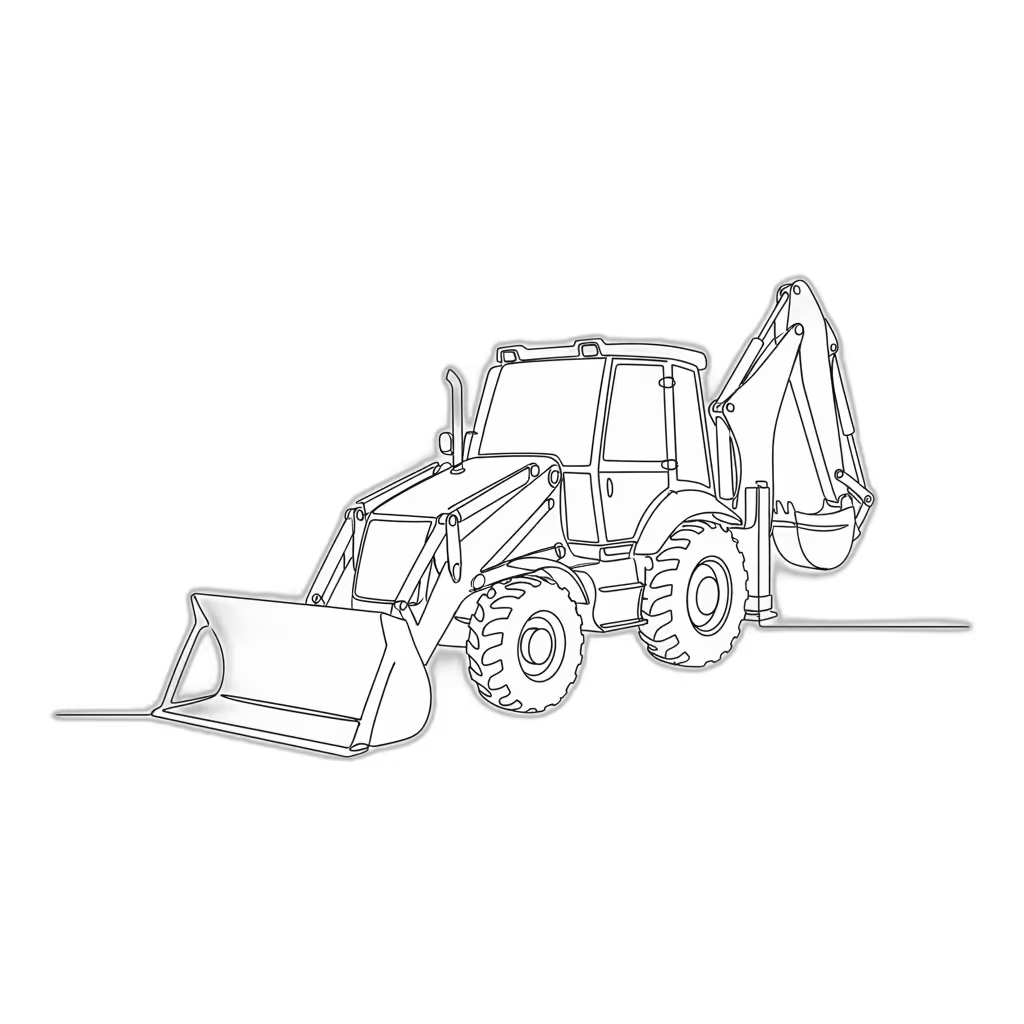
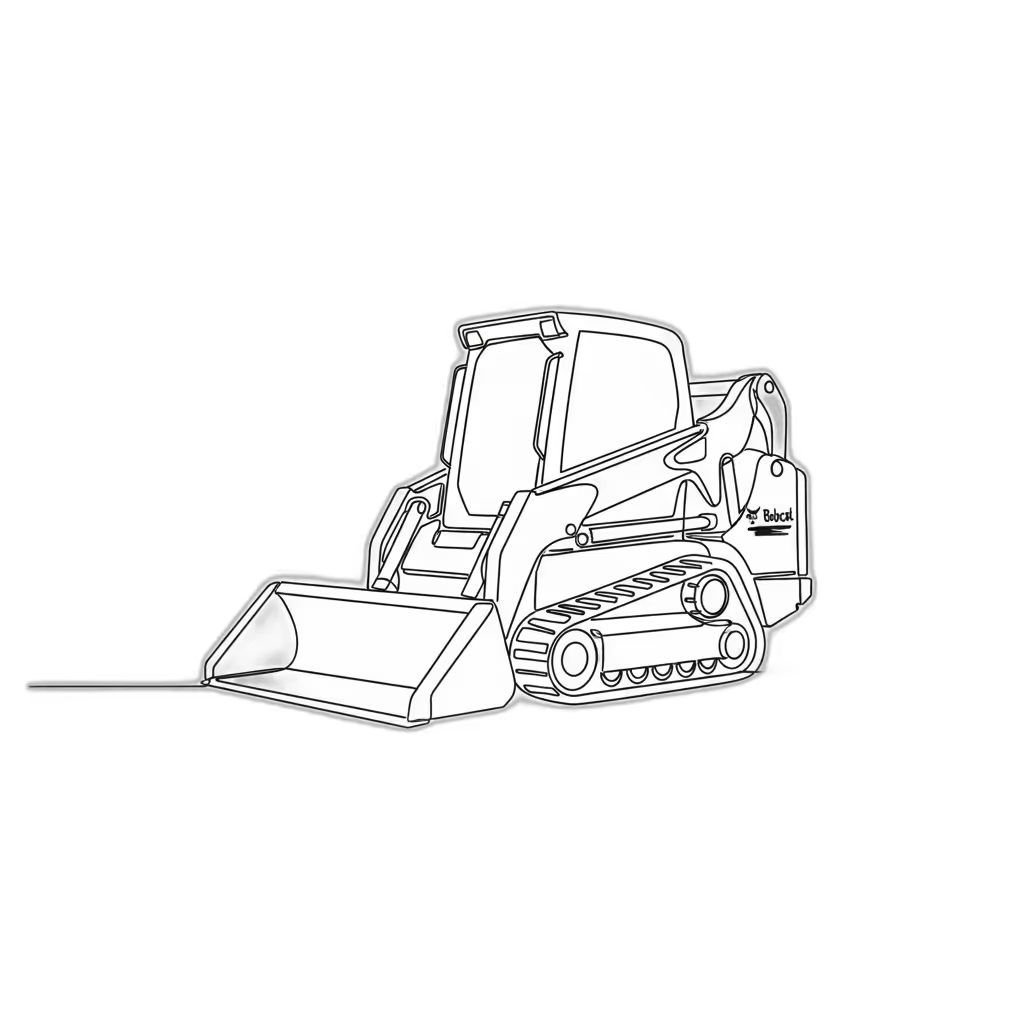
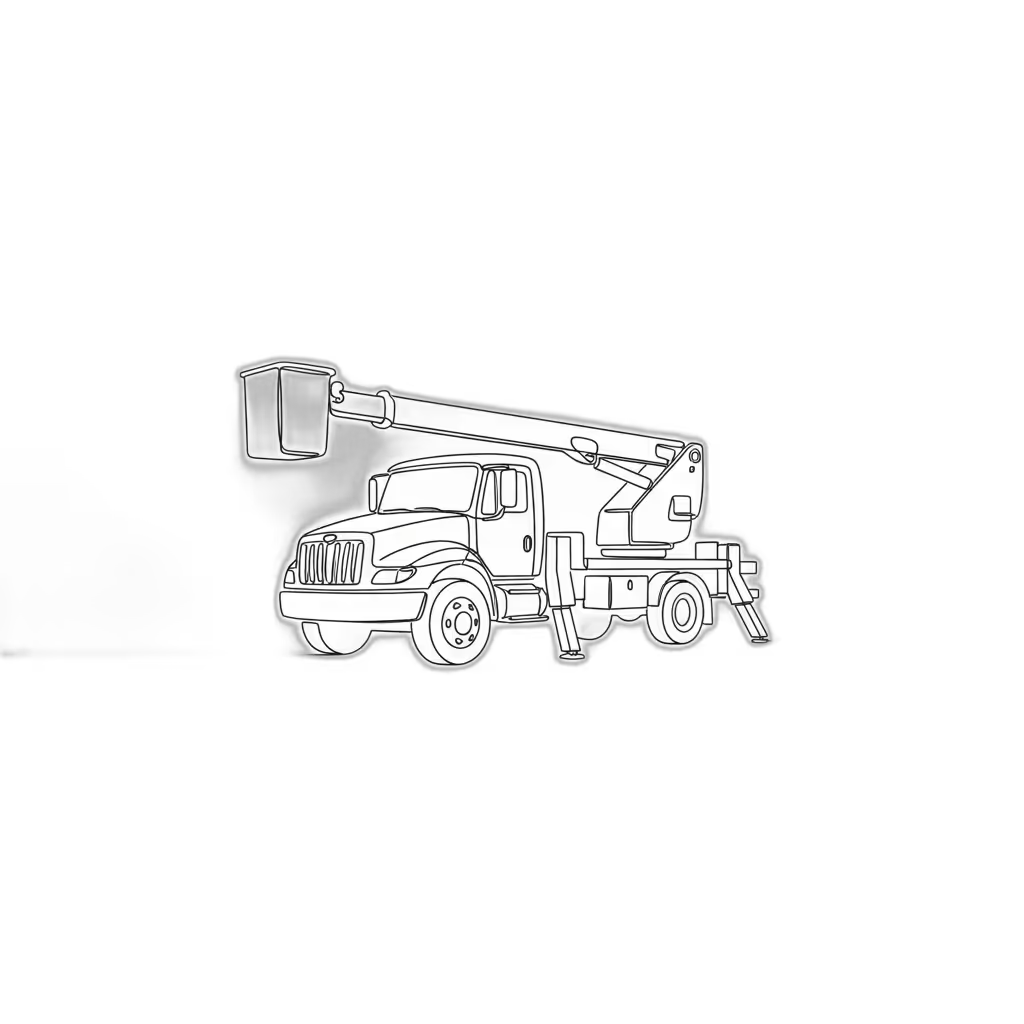
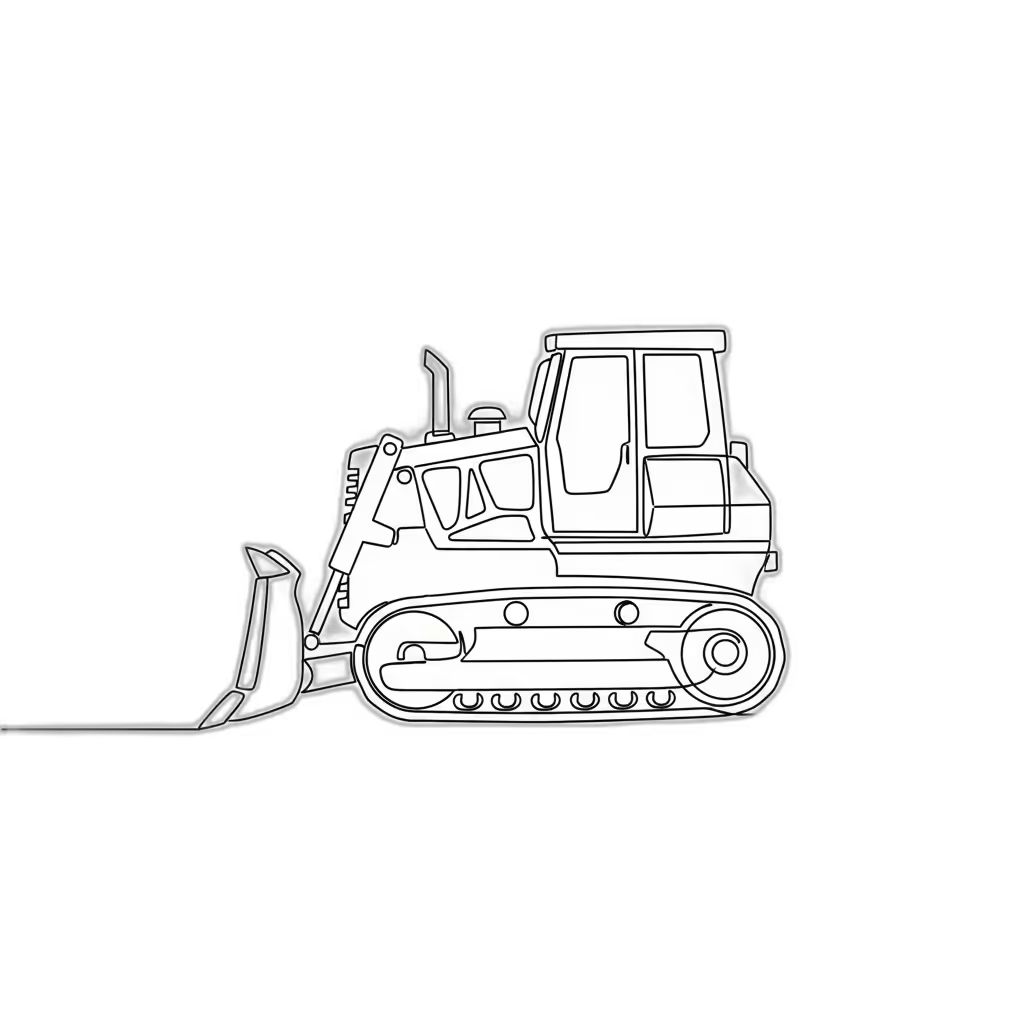
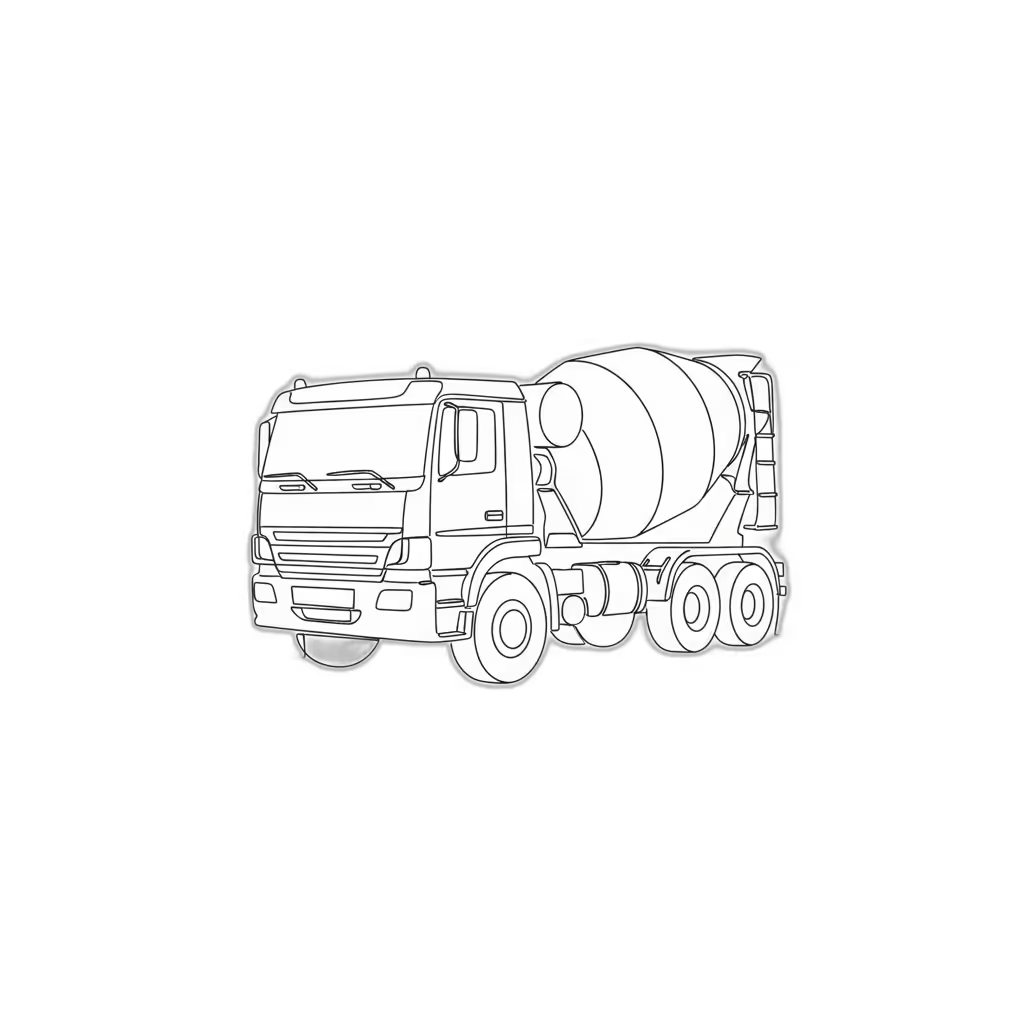


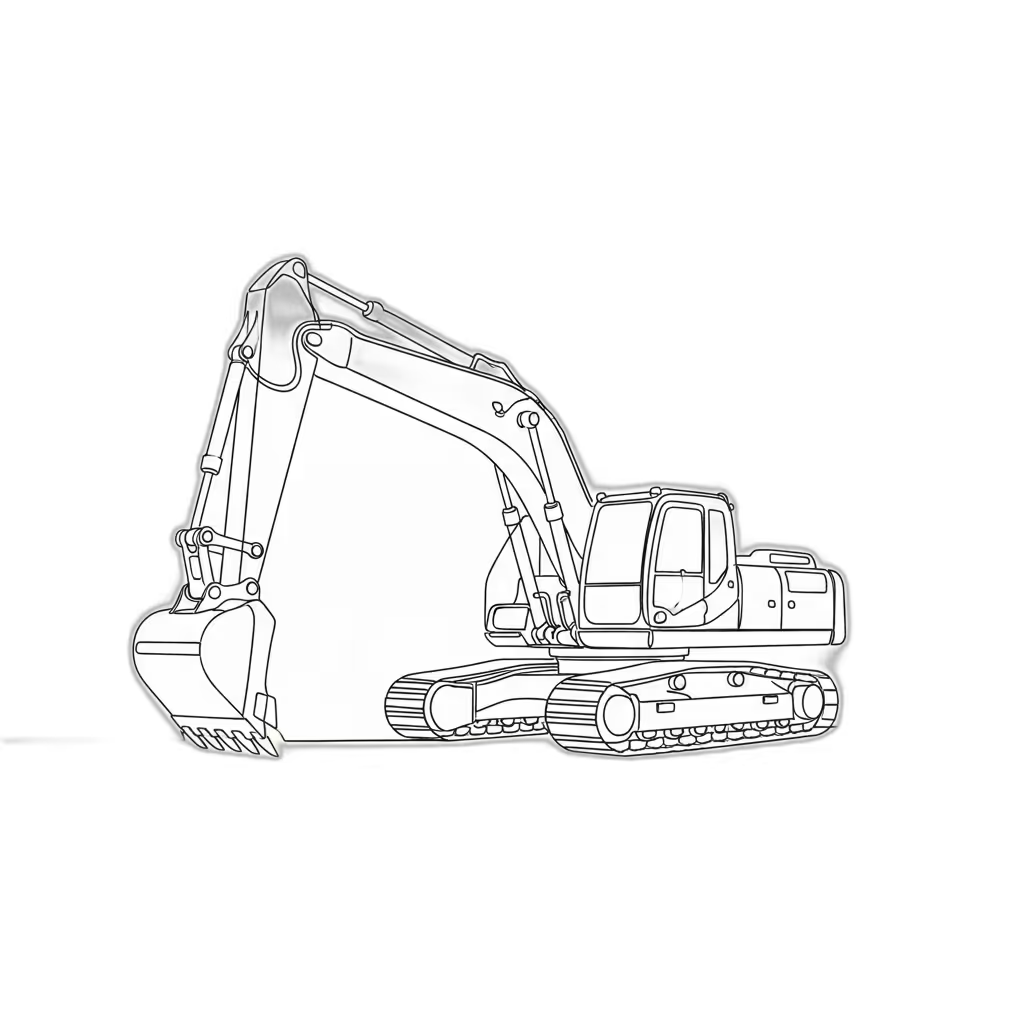
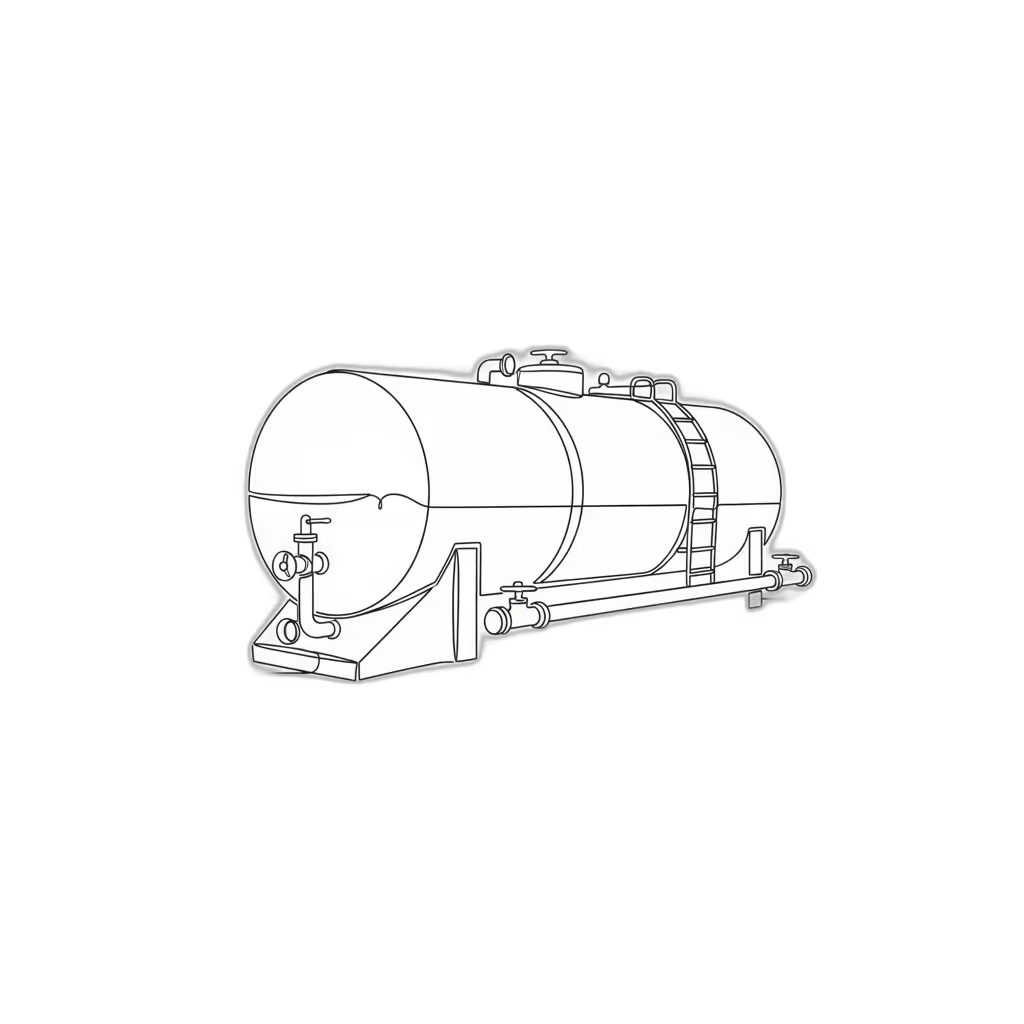

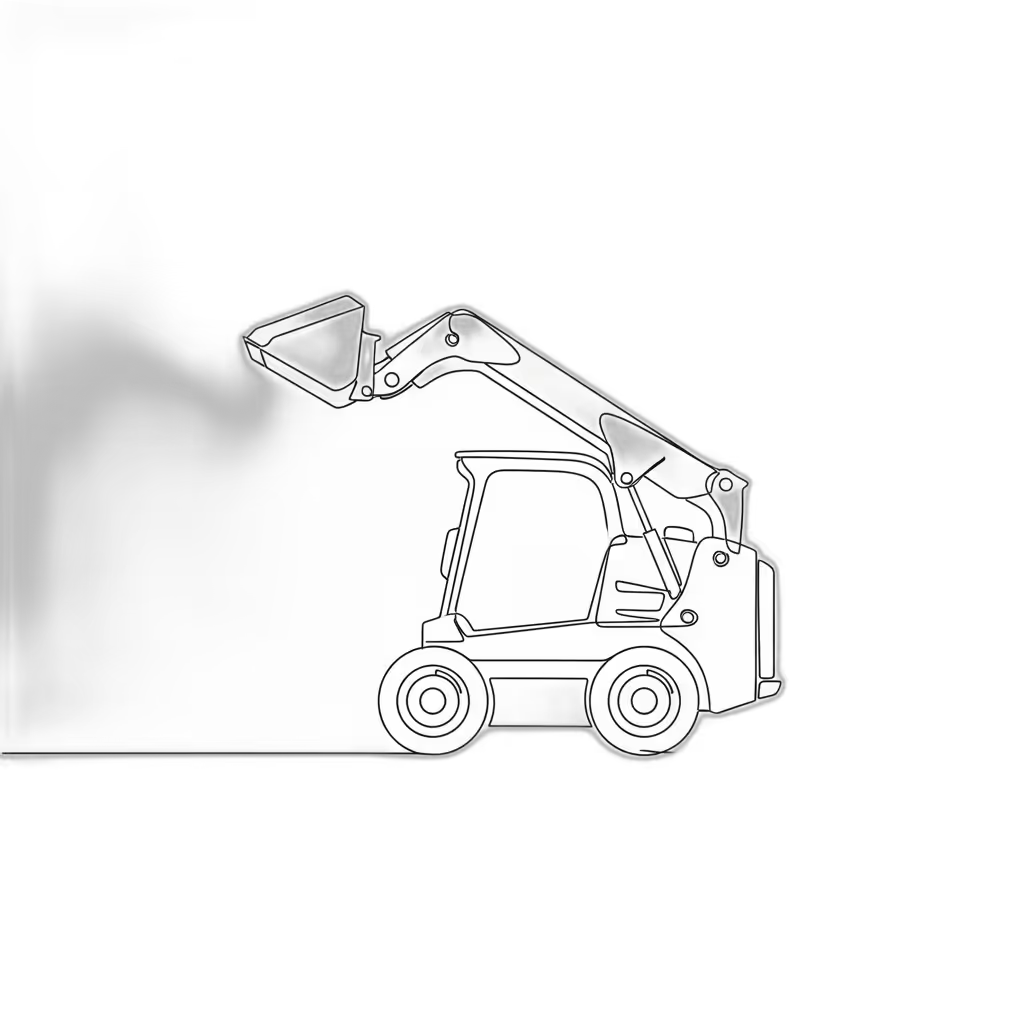

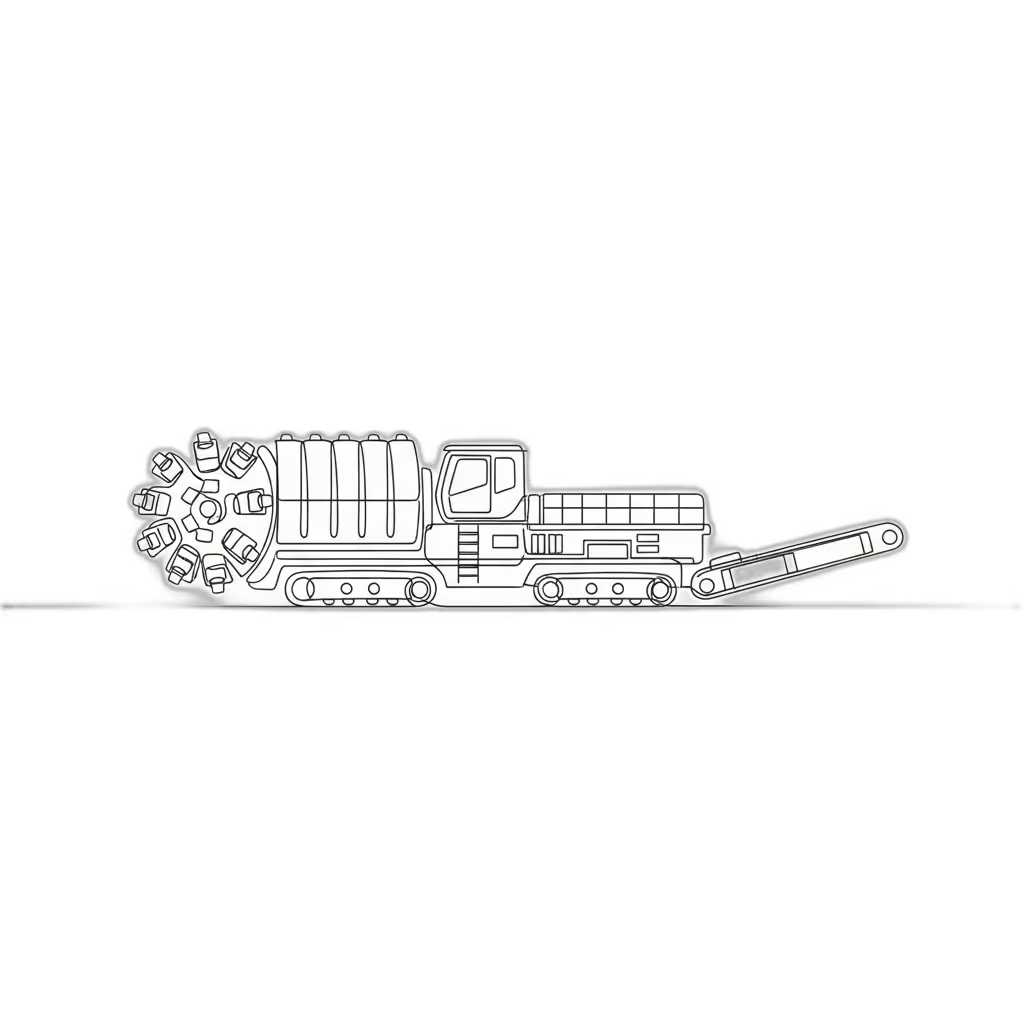
.svg)









